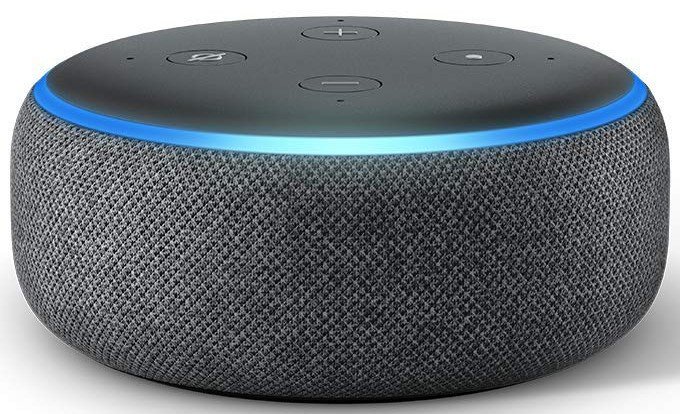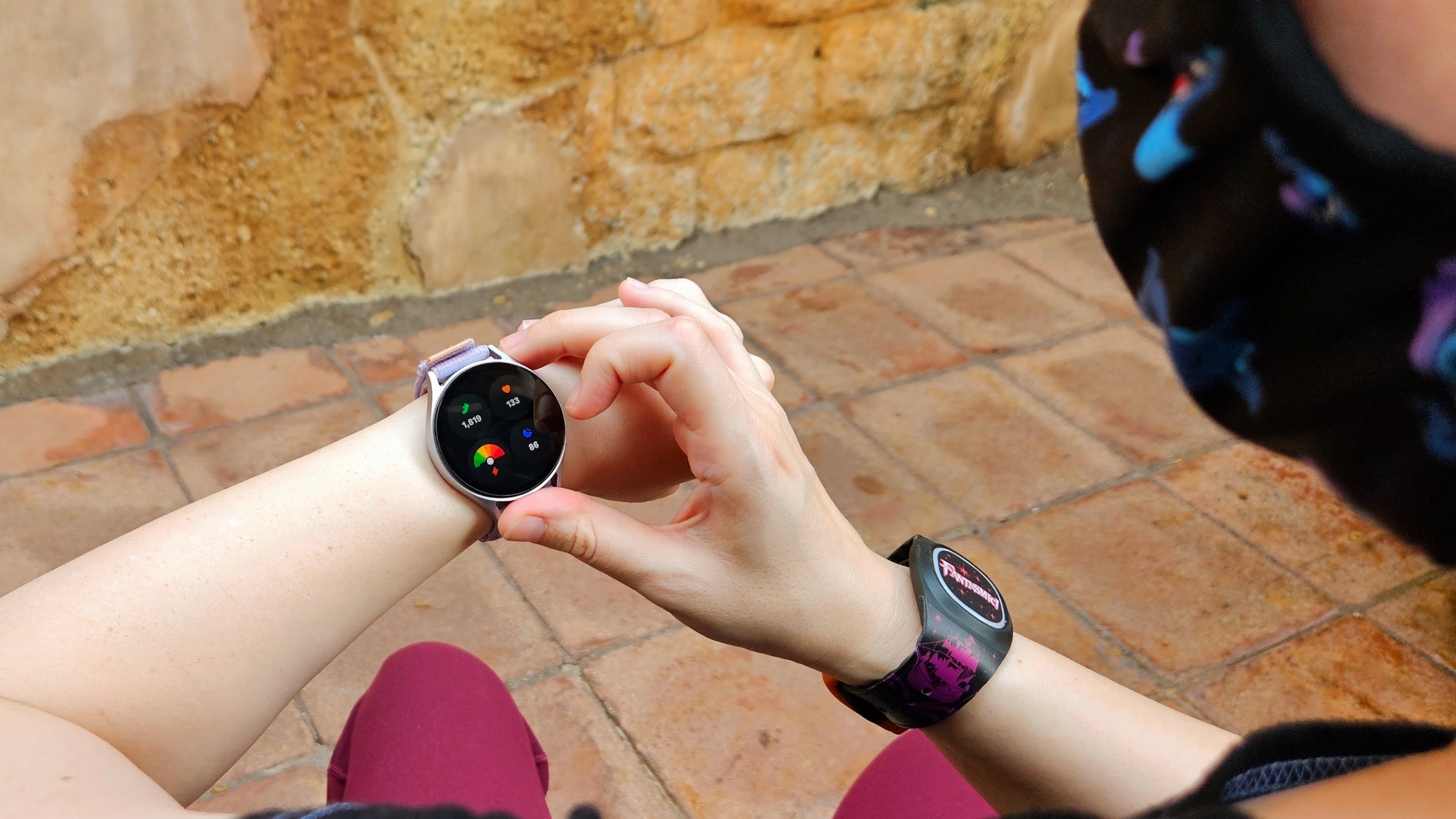Alexa Answers allows strangers on the internet to answer your Alexa questions
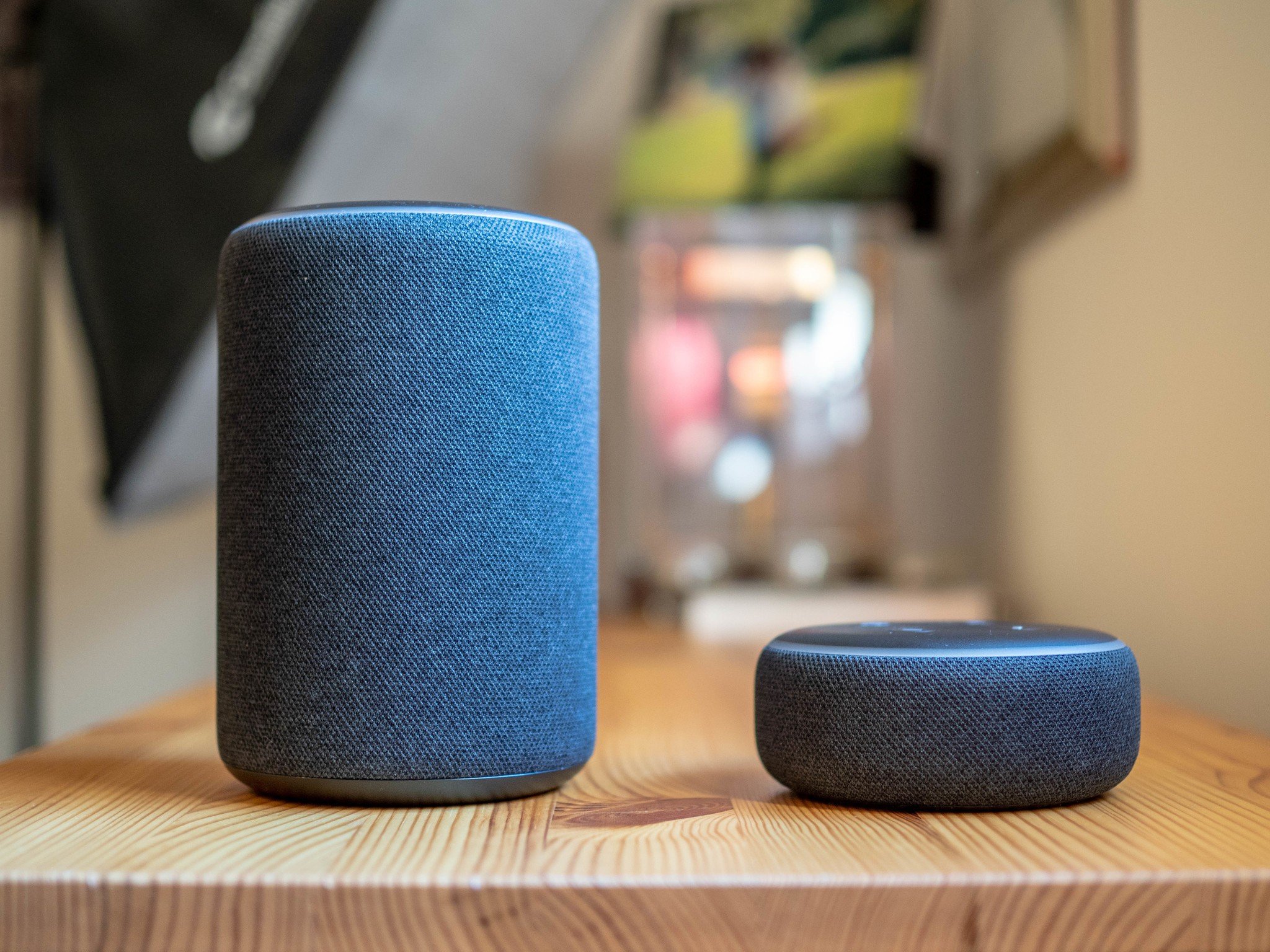
What you need to know
- On Septemeber 12, Amazon opened its Alexa Answers program to the public.
- With Alexa Answers, any person can sign up to provide answers to questions that have been asked to Alexa.
- Participants will be able to earn points and climb up the leaderboard by answering questions and also vote on the accuracy of the answers.
In the future, the answers that Alexa reads out could be coming from you, someone you know, or some stranger on the internet. That's because starting September 12, Amazon opened up its crowdsourcing answer platform, Alexa Answers, to everyone.
Amazon originally opened this program up last year for a trial period and invited thousands of customers to take part. In that time, Amazon says it logged hundreds of thousands of answers which have been served millions of times to Alexa users.
Now, it's time for everyone to get in on the action as Amazon opens the program up to the public. Starting today, you'll be able to submit answers to the Alexa Answers platform with 300 characters or less via the web portal. The questions will include those asked by users which Alexa does not already have a response, such as:
- What states surround Illinois?
- What's the proper amount of sleep?
- How many instruments does Stevie Wonder play?
- How much is a handle of alcohol?
Amazon is even encouraging people to take part in the program by gamifying participation. By answering questions, users will be able to earn badges, move their way up the leaderboard, and see the impact of their responses.
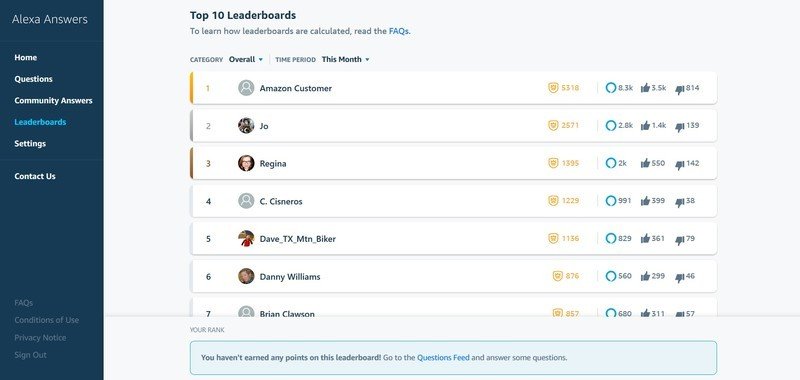
A big part of the reason Amazon began this program is to compete with its main rival, Google, in the smart speaker space. Unlike Google which has billions of webpages indexed in order to serve up answers to questions, Amazon has to license data from hundreds of sources.
Amazon then has to use machine learning to comb through the sources and try to pick out the best response. By using this technique, Bill Barton, Amazon's vice president of Alexa Information, says that Alexa is able to answer a "substantial majority" of questions from users. With the use of crowdsourcing, it should help to fill in the gaps. Barton also notes:
It's a common misconception, that Amazon uses Microsoft's Bing search engine for answers; that partnership has been limited to supplemental items such as search links in the Alexa mobile app.
It's no surprise that Amazon is turning to the hive mind to help out with Alexa. This is the same company that relies heavily on users to answer questions about products and leave reviews to help sell products via its Amazon.com shopping portal.
Be an expert in 5 minutes
Get the latest news from Android Central, your trusted companion in the world of Android
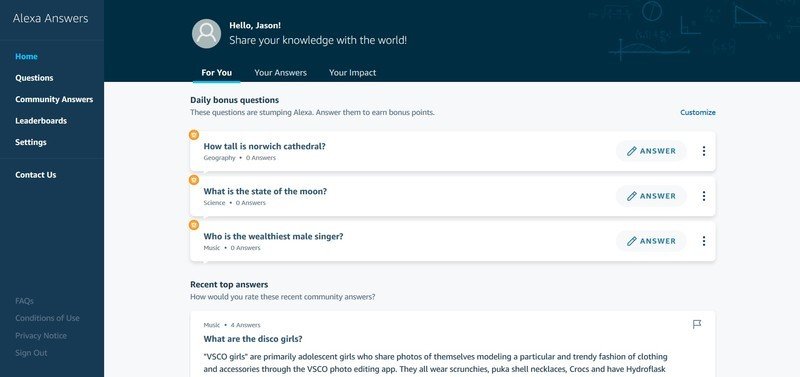
However, systems such as this are ripe for abuse, as we've seen with the fake reviews on Amazon. To combat this, Amazon will use automated filters to weed out answers with profanity or a political angle. The last thing Amazon wants is someone using the platform to push politics.
We don't want this to turn into a shrill forum for people who are into talking about whatever current political event or personality or that type of thing.
Barton also says there will be human editors involved as well to help ensure the quality of the answers. Along with these safeguards, Amazon will also rely on the tried and true upvote and downvote system. If a user's contributions begin receiving too many downvotes, then Alexa may begin using less of their answers.
We're leaning into the positive energy and good faith of the contributors, and we use machine learning and algorithms to weed out the noisy few, the bad few.
At this time, Amazon isn't requiring any citations for the answers provided, making it more difficult for participants to fact check before upvoting a response. According to Barton, people aren't asking for citations, but he says, "We're certainly open to revisiting it if we get strong feedback from contributors or from end-users if they find more attribution beneficial."
So, at least for now, all you'll hear is "According to an Amazon customer" when asking for the source of the information. So keep in mind next time you're asking your Echo Dot a question that the answer could be coming from some random person on the internet. Not that it's a bad thing — Wikipedia is proof that strangers on the internet can teach us a thing or two.
